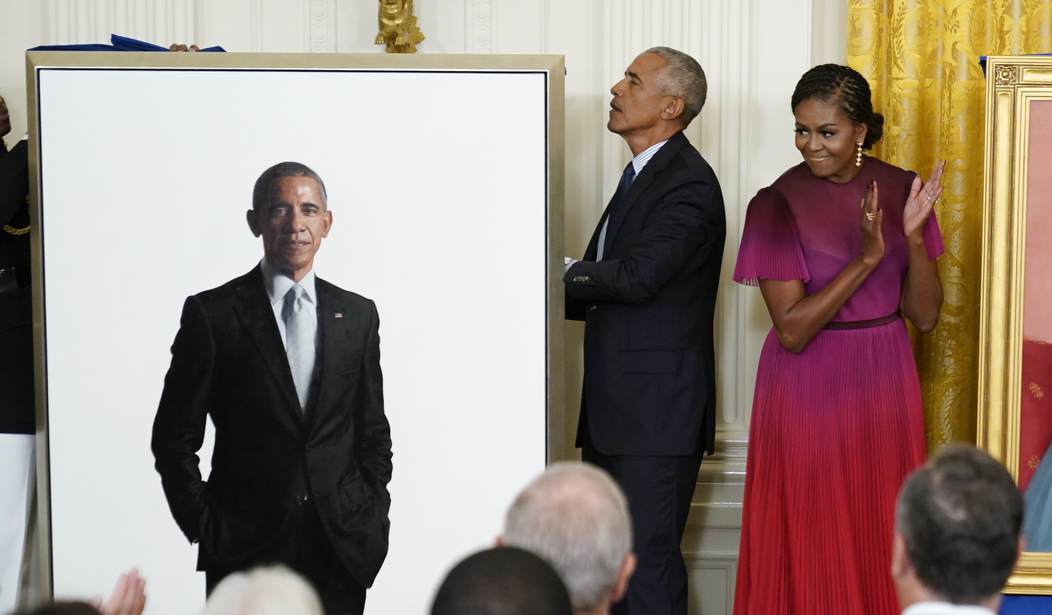A very strange debate is taking place in the world. Biden is accused of “LGBT imperialism” in Africa while U.S. conservatives are simultaneously accused of exporting anti-gay hatred. “Conspiracy theories and misinformation with their roots in the American right are driving global anti-LGBTQ sentiment — and offline violence.” But according to some, this is only a response to Washington’s aggressive export of gayness+. “The Biden administration has made pushing its LGBT agenda abroad a top foreign policy priority, according to a new report by the Family Research Council.”
In 2011, the Obama administration issued a memorandum that argued LGBT rights were a “global challenge” and should be pushed as a major human rights issue. A decade later, the Biden administration took over and issued its own memorandum, marking it as a national security concern for the U.S. and sought to “pursue an end to discrimination on the basis of sexual orientation, gender identity or expression, or sex characteristics,” while leading the world in advancing LGBT rights both at home and abroad.
It is a very odd line in the sand. With that gauntlet thrown, as with the Cold War and the War on Terror, each country must either be for or against an issue that their publics may not even have considered. How does Slobovia protect itself from culture wars originating in Manhattan or San Francisco? The world doesn’t necessarily want to be involved in the plus wars or any of the other stuff so important to K Street cultural lobbyists. What is a priority in Hollywood may not be so important in Uganda. How did such a seemingly gratuitous campaign happen in the first place?
David Brooks understood that it had its roots in the ‘unipolar moment’ following the collapse of the USSR. He wrote in the New York Times, “I’m from a fortunate generation. I can remember a time — about a quarter-century ago — when the world seemed to be coming together.”
We called this process of convergence globalization. It was, first of all, an economic and a technological process — about growing trade and investment between nations and the spread of technologies that put, say, Wikipedia instantly at our fingertips. But globalization was also a political, social and moral process. … It was sometimes assumed that as people “modernized,” they would become more bourgeois, consumerist, peaceful — just like us.
This “convergence globalization” gave rise to a new missionary impulse, this time consisting of what might loosely be termed “woke” and its affiliated denominations. Some woke sects, like Effective Altruism, have a formal dogma that approaches the great faiths. “The movement developed during the 2000s, and the name effective altruism was coined in 2011. Prominent philosophers influential to the movement include Peter Singer, Toby Ord, and William MacAskill. Several books and many articles about the movement have since been published, and the Effective Altruism Global conference has been held since 2013. Billions of dollars have been committed based on effective altruistic principles, by philanthropists who include Facebook co-founder Dustin Moskovitz. Prior to late 2022, a major funder was Sam Bankman-Fried.”
One world, one ideology, launched in a moment of overconfidence and absentmindedness. The new missionaries were unleashed on the world behind Barack Obama and billions of dollars. But now it seems convergence is over. Divergence is in. Brooks regretfully admits: “globalization is over. The Global Culture Wars have begun.”
The Economist reports that between 2008 and 2019, world trade, relative to global G.D.P., fell by about five percentage points. There has been a slew of new tariffs and other barriers to trade. Immigration flows have slowed. Global flows of long-term investment fell by half between 2016 and 2019. The causes of this deglobalization are broad and deep. The 2008 financial crisis delegitimized global capitalism for many people. China has apparently demonstrated that mercantilism can be an effective economic strategy. All manner of antiglobalization movements have arisen: those of the Brexiteers, xenophobic nationalists, Trumpian populists, the antiglobalist left. … globalization as the driving logic of world affairs — that seems to be over… replaced by something that looks a lot like global culture war.
Not surprisingly, the resistance to the woke proselytization is being led by countries with “a degree of confidence and civilisational ‘mojo’” not susceptible to rapid capitulation. The birth defect of the woke missionary impulse was that it was founded on self-repudiation and hatred. Countries like China capitalize on woke self-loathing by pointing out that even the Western elites want to destroy themselves.
But even groups like Hindus in India are starting to reject Western progressive orthodoxy in favor of their own narratives. “For Hindu nationalists, the first colonizers of India were not British but medieval Muslim ‘invaders’ of the eighth century. And after the British Raj, the country continued to be ruled by a tiny Westernized elite.” That is not the line the academic West would push, but as the unipolar moment fades, so does its ability to impose cultural uniformity upon the world.
This global cultural war may go down as the least necessary and most puzzling undertaking in the history of the West. The End of History engendered many expectations among those who, astounded by their good fortune, expected their luck to last forever, little realizing that it rarely does.










